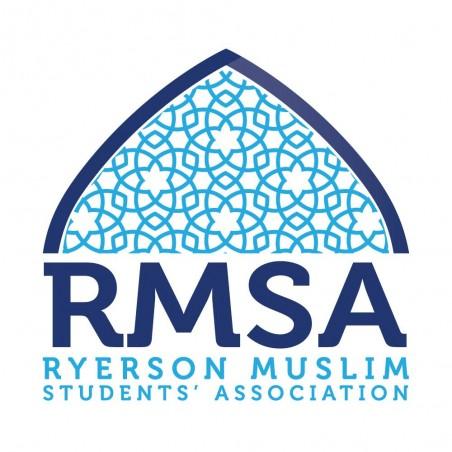By Zena Salem
The Ryerson Muslim Students’ Association (MSA) discussed mental health and its perceptions in Islam at a panel discussion on April 7.
The panel discussion called, “Taboo Talk: Mental Health in the Community” was organized to bring mental health to light in the Muslim community. MSA member and event organizer Lubna Kapadia said mental health is “one of those things we don’t talk about, especially in the Muslim community we just sort of brush [it] aside.”
“Bringing this discussion to life, having people and panelists come in and make this into a formal event, we can actually talk about the issues that Muslims and Muslim youths face, [in regards to] being judged and feeling stigmatized,” Kapadia said.
One of the panelists, Imam [sheikh] Arij Anwer, spoke on the religious perspectives of mental illness. He says that using the Qur’an alone to cure an illness is not efficient, “Look for cure, spiritual cure is needed, but not alone,” he said. “If you’re ill, read the Qur’an, but do not forget the Tylenol.”
Mental health therapist Jawad Bhatti said that mental illness is not something that could easily be dealt with or change. He also spoke on respecting personal decisions, “accept that some people chose not to get treatment, our response is to still support them.”
Mimuna Mohamed, a mental health and human rights advocate, said that some of the misconceptions regarding mental health is that having depression is due to a lack of faith or that a Muslim is never afflicted with anxiety, sadness, sorrow and depression.
Mohamed also discussed the different explanations used by some people in order to identify the reasons behind a mental illness, as some people would say the reason behind a certain illness is due to “Sihr (Magic), evil eye and envy or due to a lack of faith.” She explained that these misconceptions are a part of the stigmatization of mental illness in the Muslim community.
The event ended with the Ryerson MSA president Ridwan Al-Nachawati giving a special announcement stating that the RSU Board of Directors accepted to help fund with 30 per cent for a Muslim chaplaincy. According to Ryerson MSA’s website “…the primary purpose of a Muslim chaplaincy is to assist in meeting the mental health and spiritual needs of students on campus.”













Leave a Reply